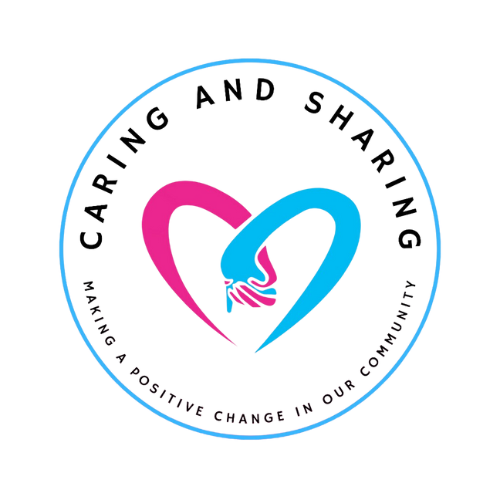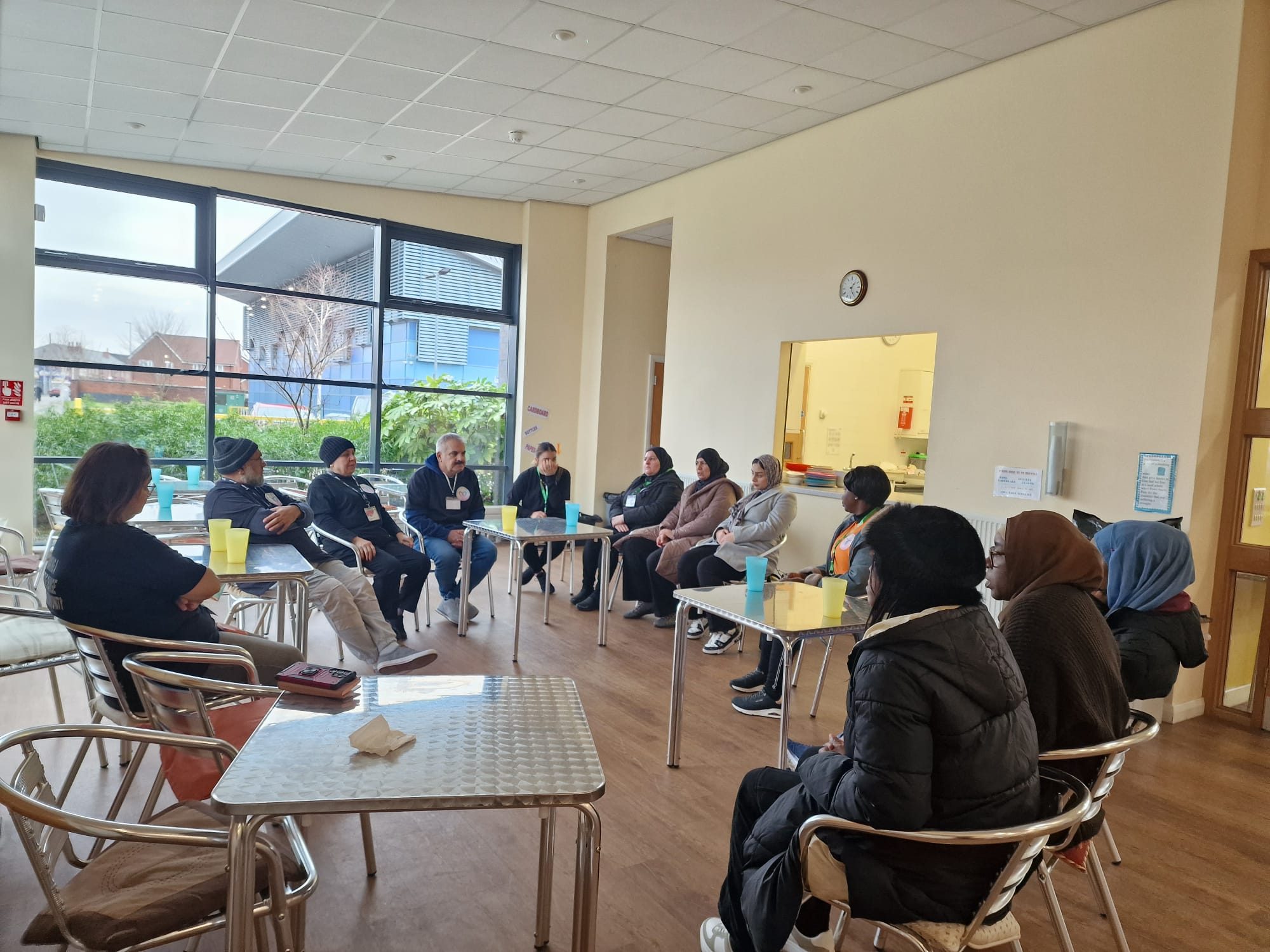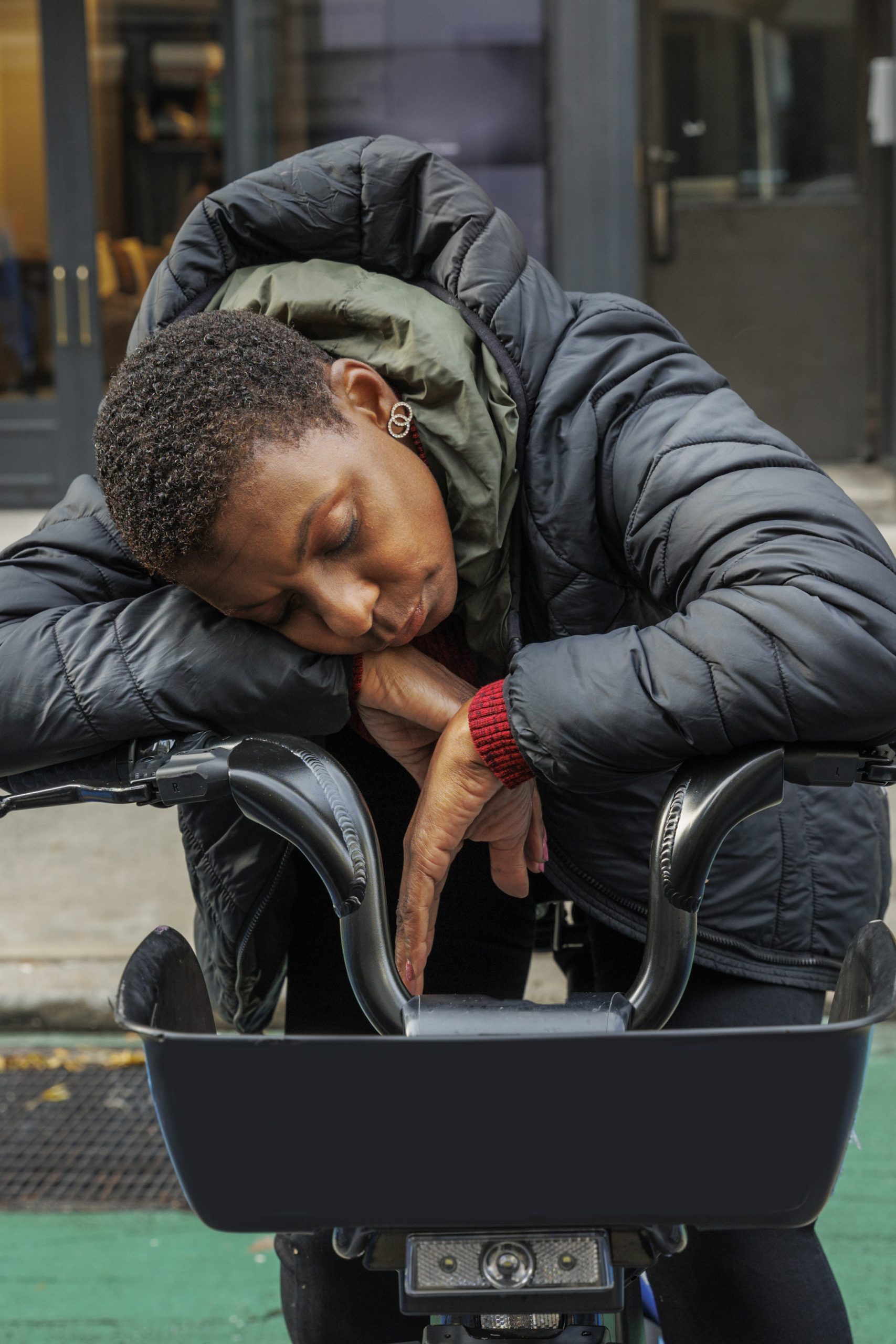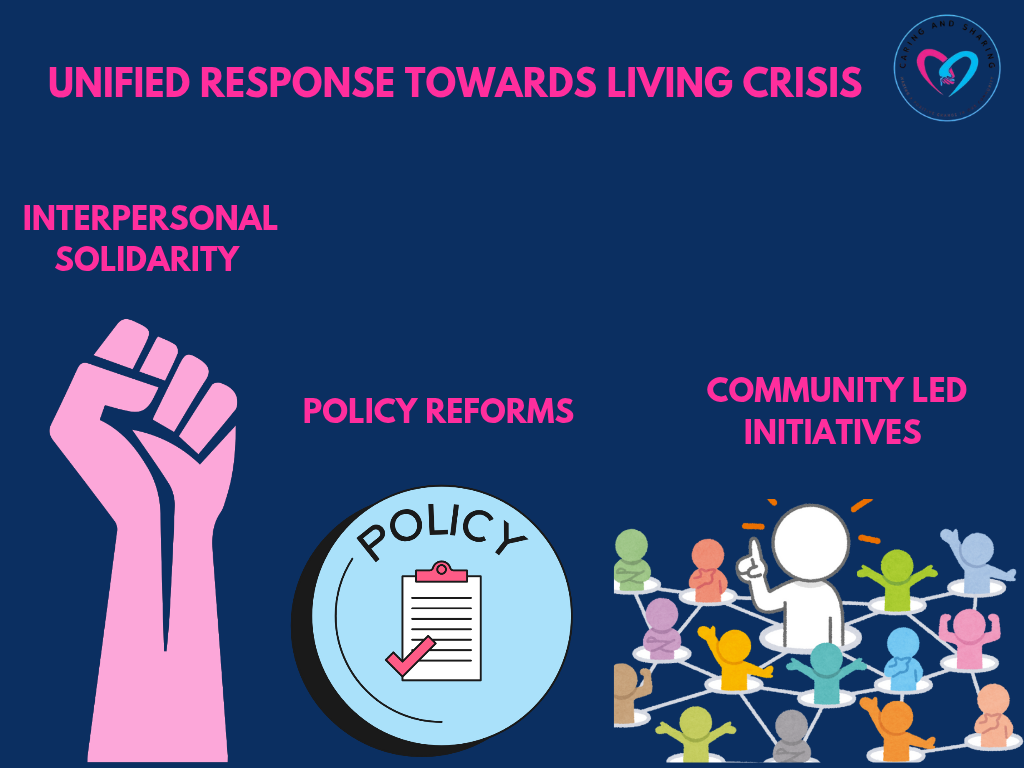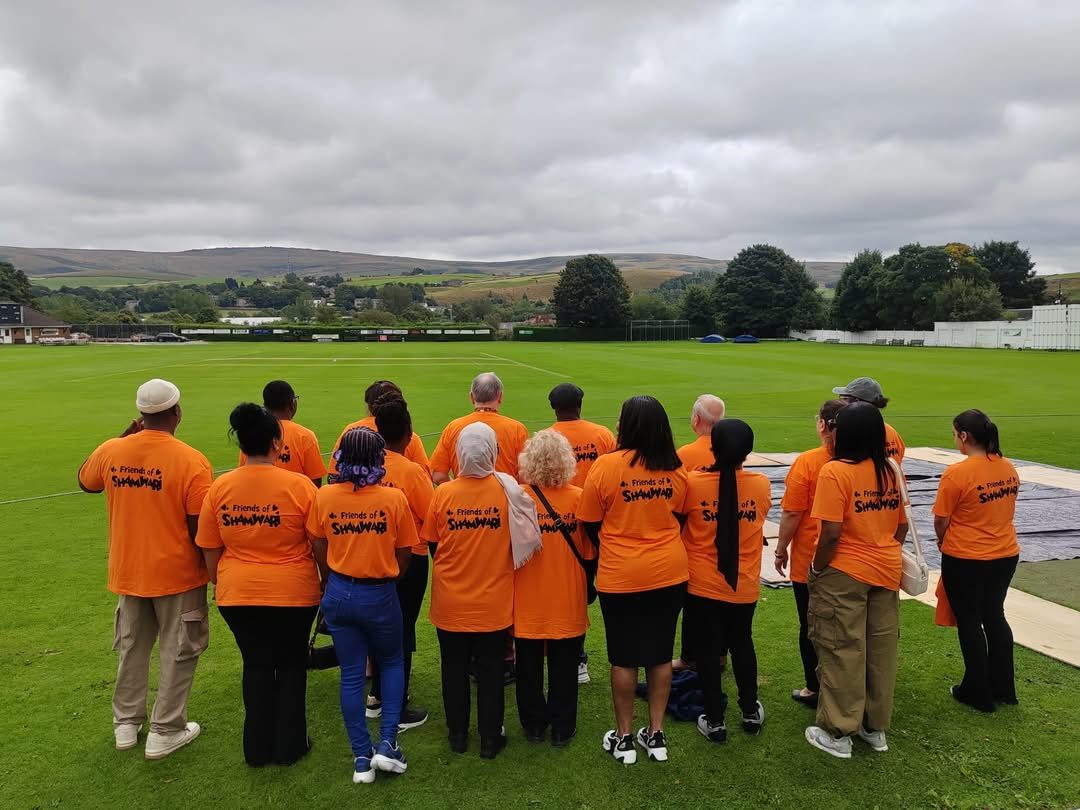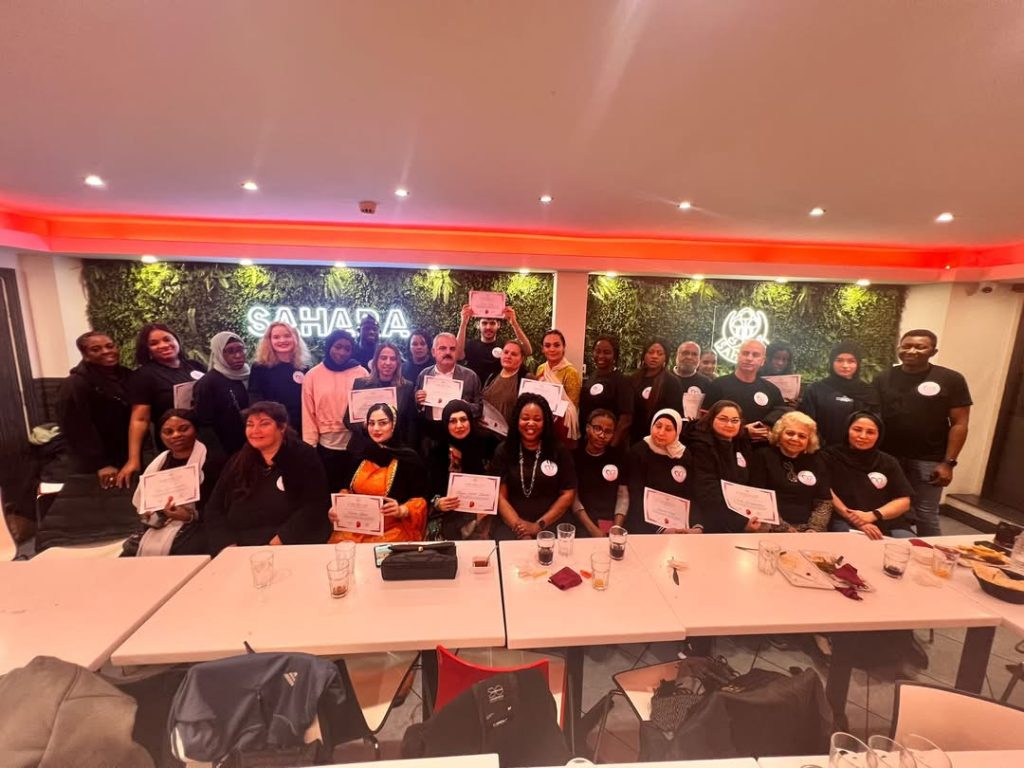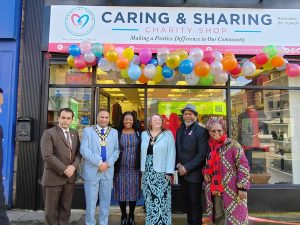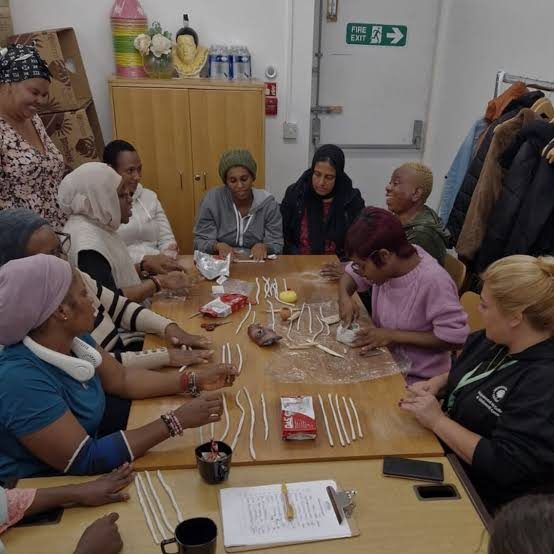Breaking Down Barriers: Why Representation Matters in BAME-Led Community Support in Rochdale
Rochdale, a town in Greater Manchester, UK, is home to a diverse community, including a significant Black, Asian, and Minority Ethnic (BAME) population. Yet, many BAME individuals still face barriers to accessing community support services. The lack of representation is evident even in academia, where just 160 out of 22,855 professors in the UK were Black in 2020/21, and only 41 were Black women, making up less than 1%. Representation matters. This blog explores the vital role of BAME-led community support in Rochdale and how it can help break down barriers and build a more inclusive community.
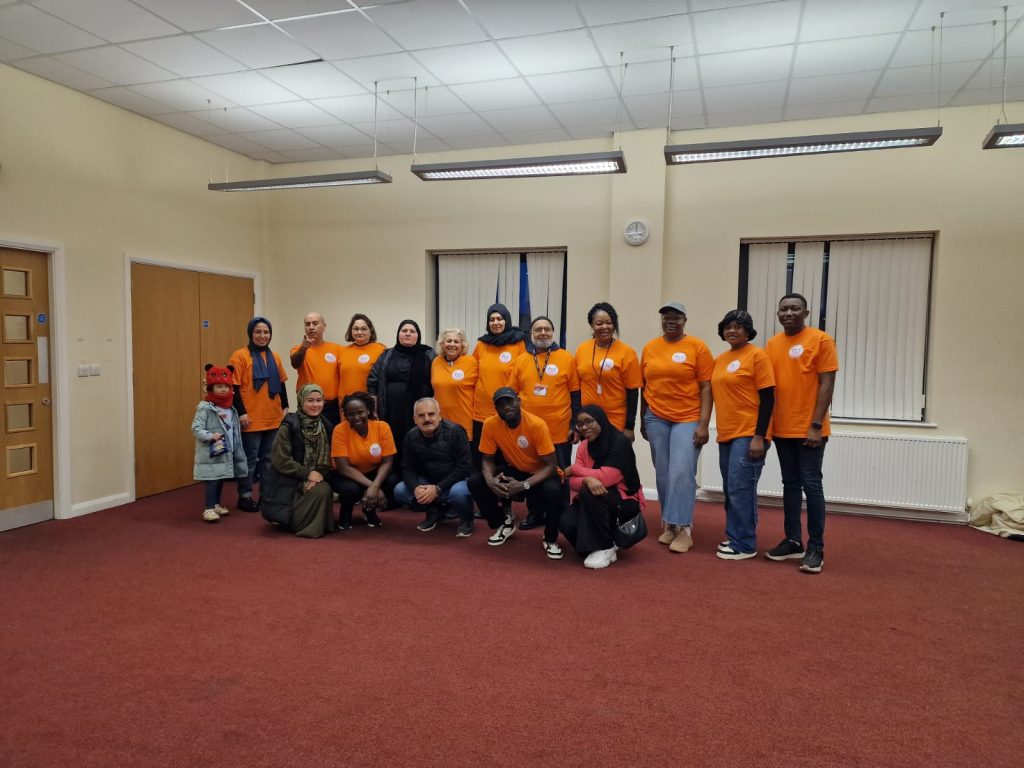
The Importance of Representation
A 2022 study by McKinsey & Company and LeanIn.org, analyzing 333 companies and over 40,000 employees, found that BME women are the least likely to be promoted or considered for opportunities by management. Representation matters because it allows individuals to see themselves reflected in the services and organizations that serve them. When BAME individuals are represented in leadership positions or as service providers, it sends a powerful message that their experiences, perspectives, and needs are valued and understood. This, in turn, can increase trust, engagement, and outcomes for BAME communities.
The Rochdale Community
Rochdale has a strong tradition of community activism and social change. Yet, BAME communities continue to face significant challenges, including poverty, unemployment, and poor health outcomes. In 2020, the Social Metrics Commission reported that 46% of people in Black-led households lived in poverty, more than double the rate for White-led households (19%). Similarly, a 2022 Runnymede Trust analysis found that BME individuals are 2.5 times more likely to experience relative poverty and 2.2 times more likely to live in deep poverty.
BAME-led community support services are essential in tackling these disparities, offering culturally sensitive and responsive support tailored to the unique needs of these communities.
Our Work at Caring and Sharing Rochdale
At Caring and Sharing Rochdale, we’re committed to standing with vulnerable individuals, with a particular focus on Migrants, Refugees, and Asylum Seekers within the BAME community. Our services are designed to provide a supportive ecosystem, promoting overall well being and empowerment. Here are some of the initiatives we’ve developed to support vulnerable individuals:
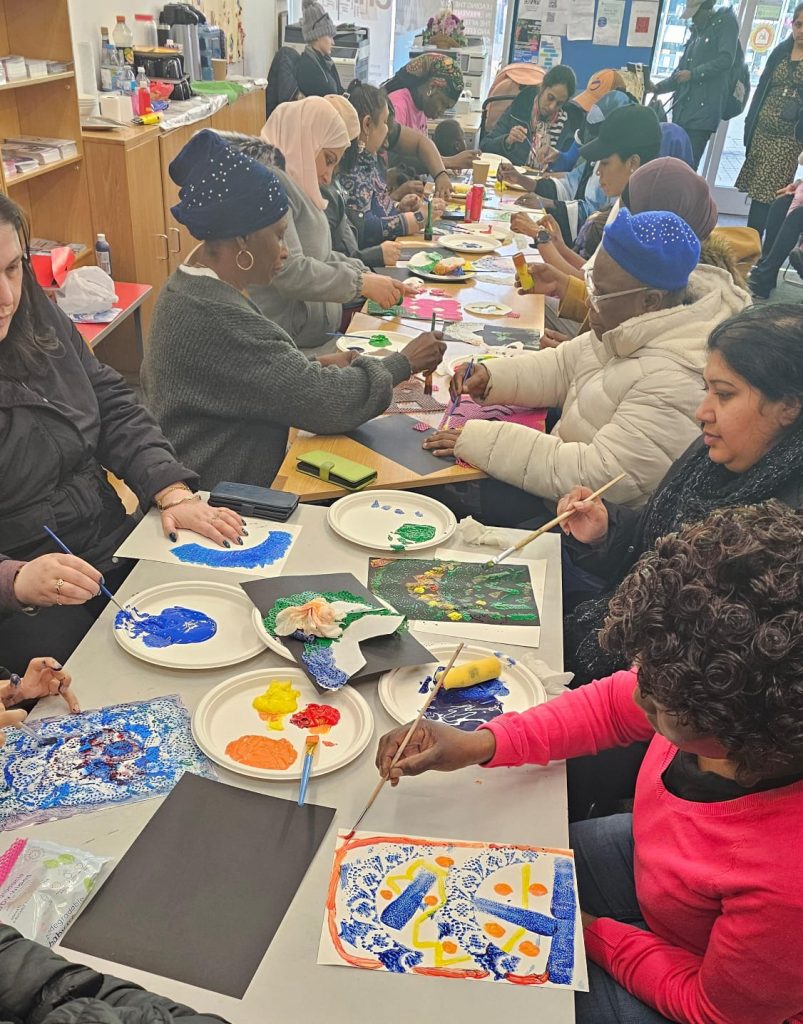
- Computer Literacy Sessions: We provide free computer literacy sessions to help individuals develop essential digital skills.
- Free Immigration Drop-in Advice: Our free immigration drop-in advice service offers guidance and support on immigration-related matters.
- ESOL Classes: We offer English for Speakers of Other Languages (ESOL) classes to help individuals improve their language skills.
- Refugee Drop-in Session: Our refugee drop-in session provides a safe space for refugees to access support, guidance, and connection.
- Donations: We collect and distribute donations, including food, clothing, and household essentials, to those in need.
The Impact of Our Work
Our initiatives have a tangible impact on the lives of vulnerable individuals in our community. By providing culturally sensitive and responsive support, we’re helping to:

- Improve health and well-being outcomes
- Increase access to education and employment opportunities
- Foster social connections and community engagement
- Promote overall empowerment and self-sufficiency
Conclusion
Representation matters in BAME-led community support in Rochdale. By promoting representation and inclusivity, we can break down barriers and foster a more inclusive community. At Caring and Sharing Rochdale, we’re committed to standing with vulnerable individuals and providing adequate support to promote overall well being and empowerment. Together, we can create a more just and equitable society for all.
Get Involved
If you’re passionate about creating a more inclusive community and supporting vulnerable individuals, we invite you to get involved with Caring and Sharing Rochdale. Here are some ways you can make a difference:
- Volunteer: Join our team of dedicated volunteers and help us deliver our services.
- Donate: Support our work by donating food, clothing, or household essentials.
- Spread the Word: Share our story and help us raise awareness about the importance of representation in community support services.
- Partner with Us: Collaborate with us on projects and initiatives that promote social justice and equality.
Together, we can break down barriers and build a more inclusive community for all.
